Tag Archive for: Greek Philosophy
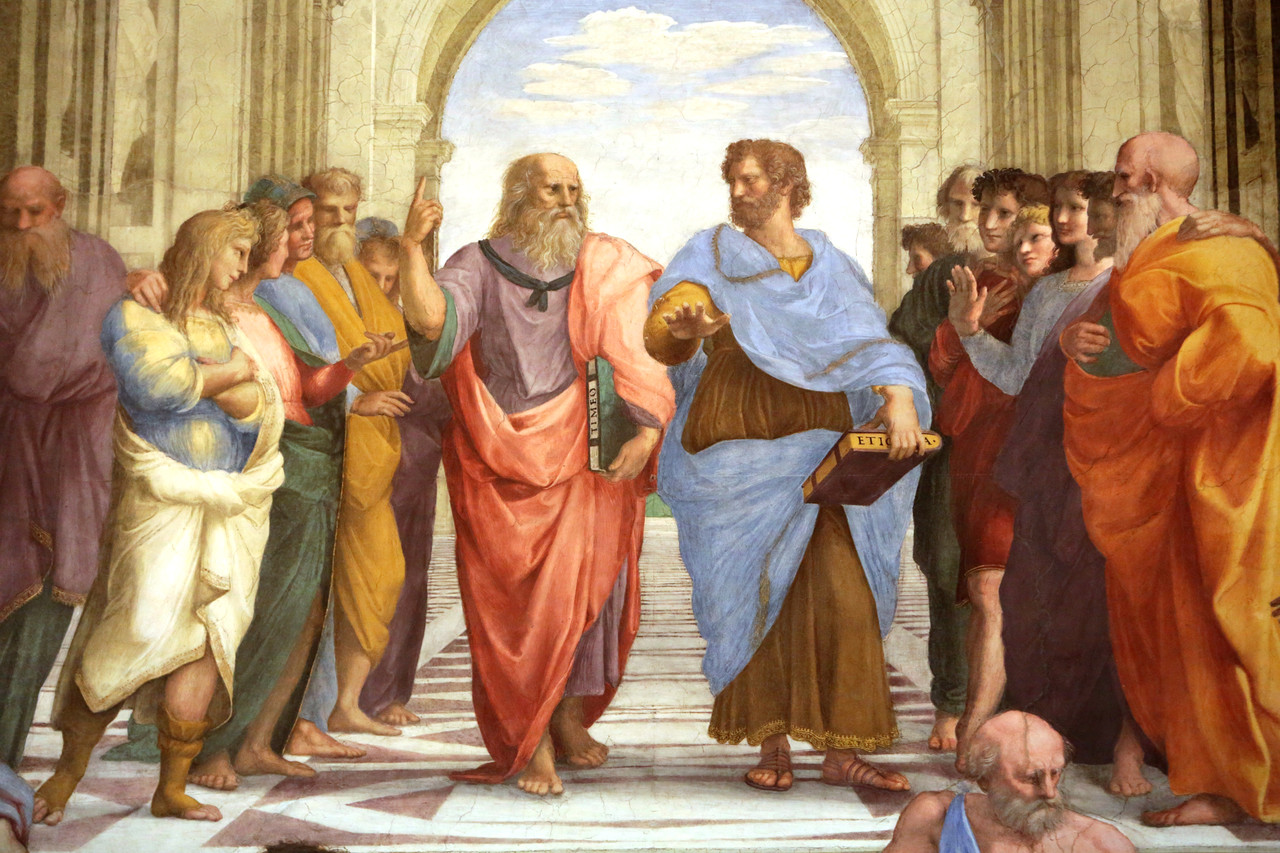
What is the nature of Being?
Aristotle's philosophy, his metaphysics at least, is underpinned by his notion of being (óntōs), and the study of that which constitutes said being, being qua being as it is typically referred to in the Western philosophical tradition. It…
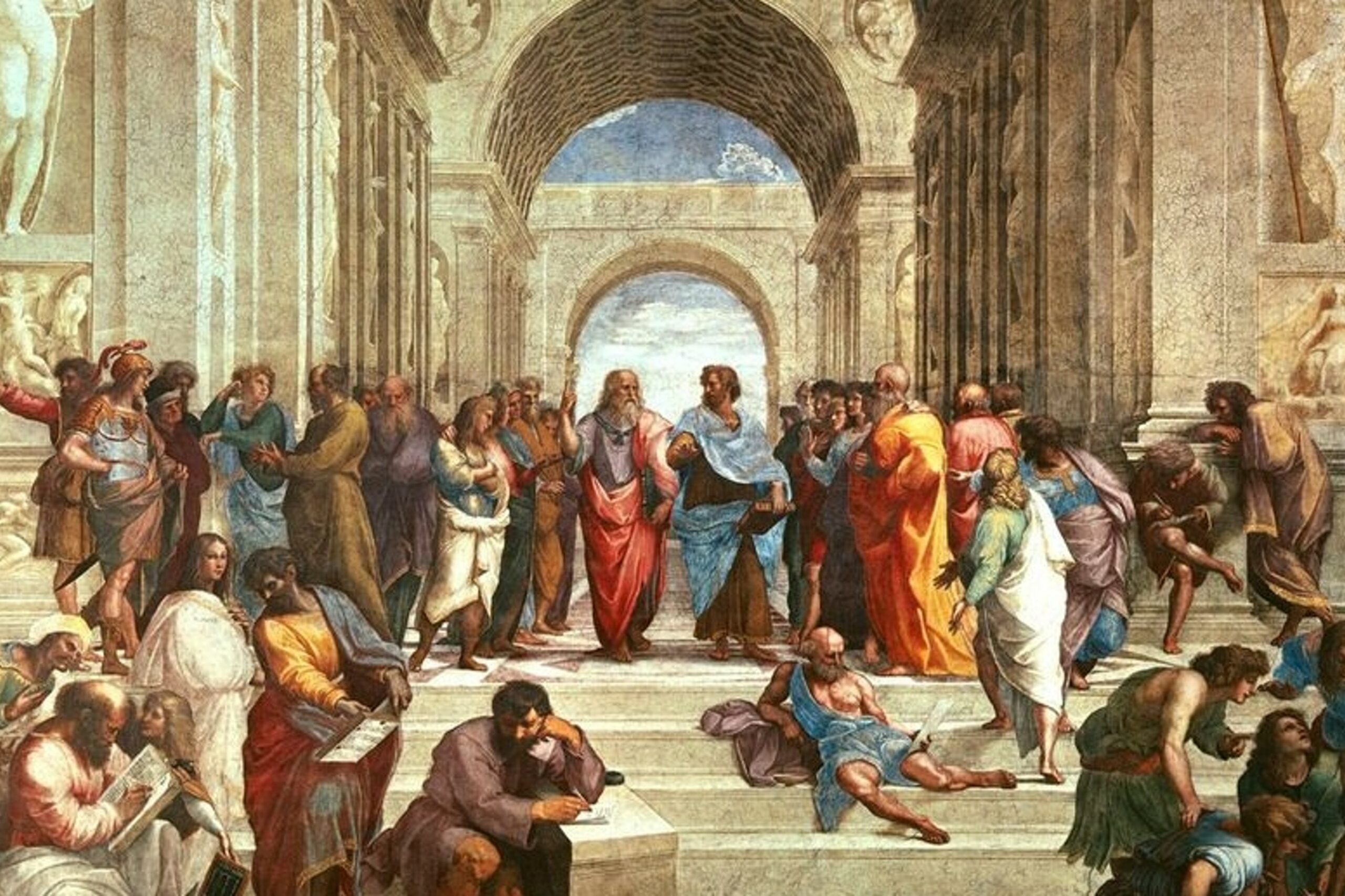
The Age of Enlightenment: The Philosophy of Science
Ever since the dawn of civilization mankind has created mythological, semantic and metaphysical paradigms within which the nature of existence and knowledge itself, along with the underlying order of the heavens and the earth and all its creatures…
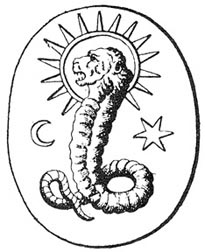
Early Christian Theology: Jesus, Gnosis, and Logos
With the Hellenic philosophic tradition and culture firmly planted in the Mediterranean in the last few centuries BCE and the first century CE, we see a drastic shift in theological and philosophical thought as sages, mystics and philosophers…

Aristotle’s Metaphysics and Theology: On Being, the First Mover and Love (Eros)
One of the most preeminent philosophical principles that underpins Western thought, one of the foundational presumptions of modern Science in fact, is the notion of causality, or what we refer to more specifically within the context of 20th…
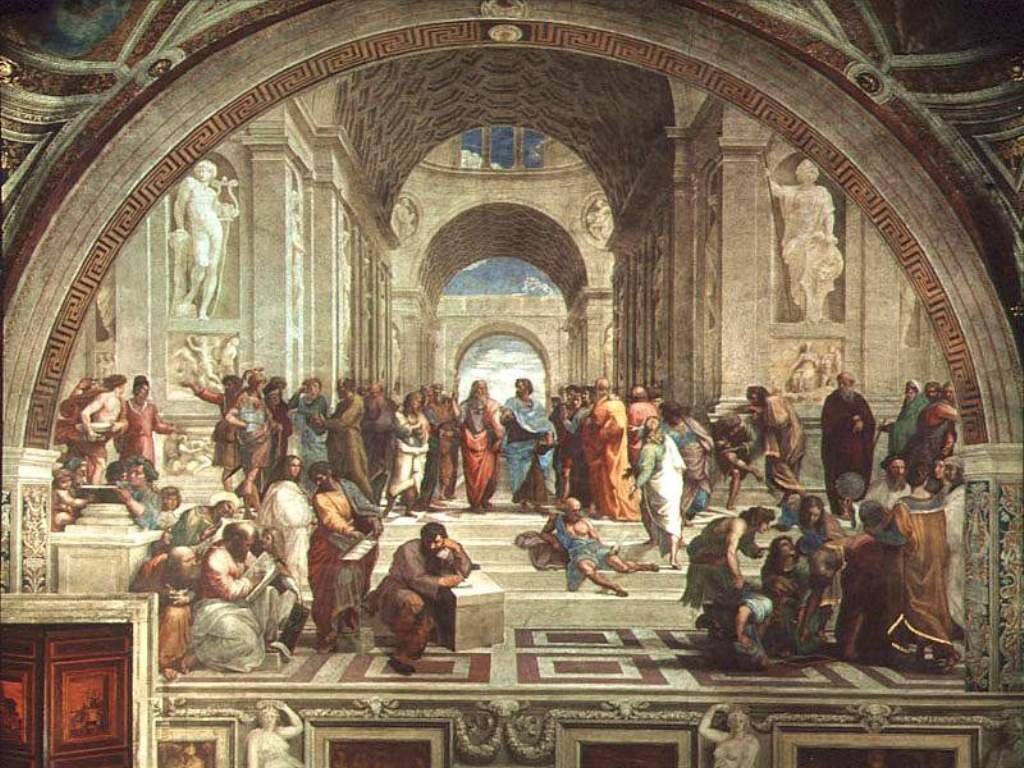
Socrates, Plato and Aristotle: First Philosophy
Leaving aside the Indo-Aryan Vedic tradition, representing the root philosophical and religious tradition of the East, the emergence of philosophy as a branch of thought ran parallel with the advent of Ancient Greek civilization. What was…
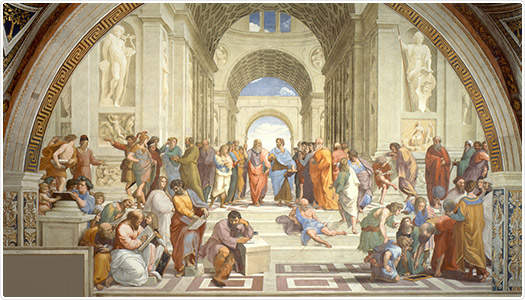
Reason and Logic: The Precursors to Science
It's clear in studying early religion and philosophy that mythology and cosmology in antiquity was not only theological in nature, but also had a political motive as well. But at some point in antiquity there was a break from which reason and knowledge was…
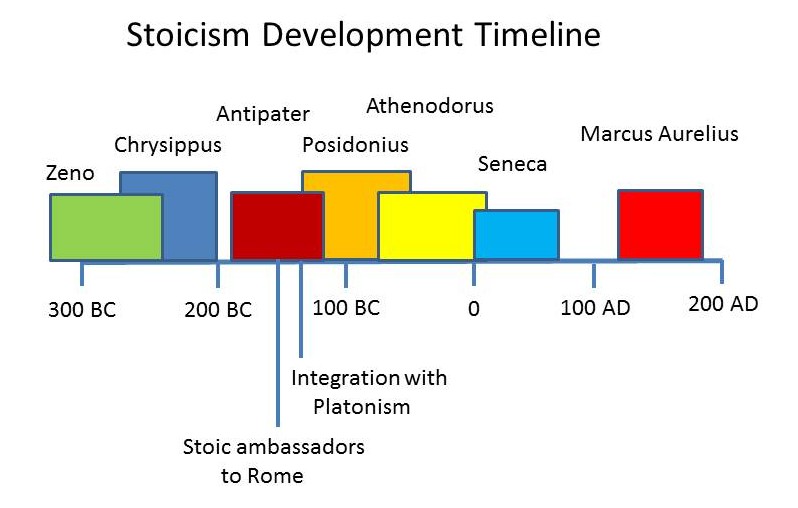
Stoic Philosophy in Antiquity: Its Origins, Metaphysics and Ethical Principles
Introduction
Consistent across all of the Hellenistic philosophical schools was the importance of the Soul, the distinction of the human soul as having the capability to reason (what came to be known as logos, a very important term in early…

Creation Mythology in Antiquity: Order out of Chaos
Introduction: Creation Myths in Antiquity
Any cursory study of Egyptian and Sumer-Babylonian creation mythology yielded parallels and similarities, but was much less clear and open to debate was whether or not these similarities, these mythemes…
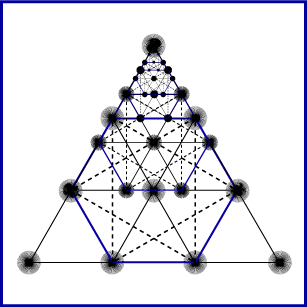
Middle Platonism: Greek Philosophic Adolescence
Despite the emergence of metaphysics as we know it today in classical Greece, seen most clearly in the (interpretation of) the dialogues of Plato and then more clearly elucidated in the work of Aristotle, a product of Plato’s Academy, and…
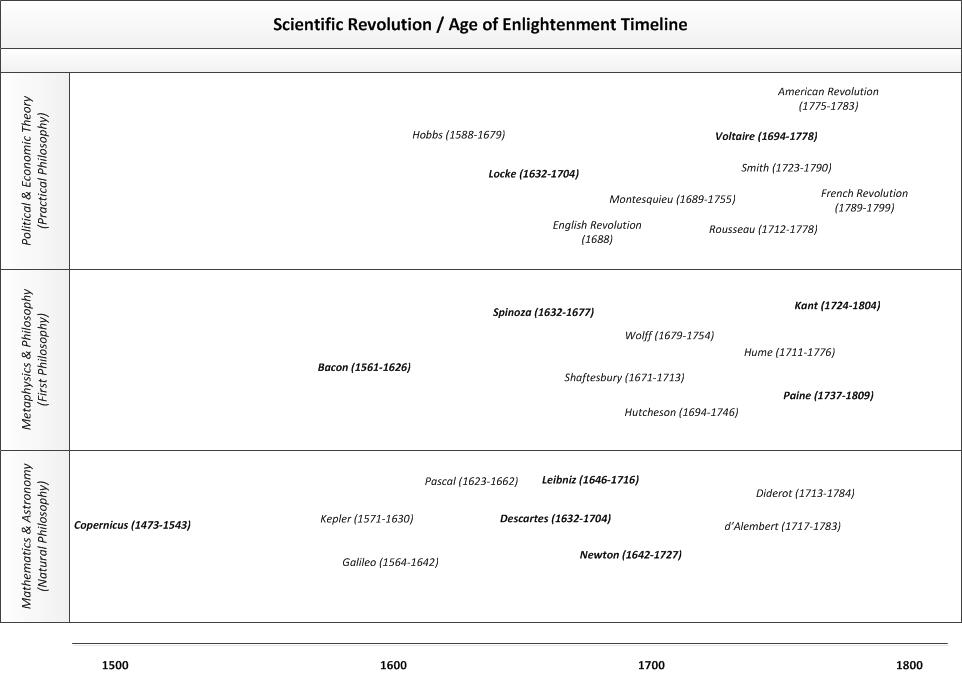
The Scientific Revolution: God Learns Analytic Geometry and Calculus
After much study and analysis then, it was clear to Charlie that there was no notion of this hard distinction/separation of subject and object in the ancient cosmological and philosophical systems of thought that developed in the ancient civilizations…
